Brother died waiting for lung transplant, says campaigner
Cystic fibrosis: 'Medication wasn't able to save my brother'
- Published
Cahir O’Hagan from Clonoe in County Tyrone was 25 years old when he died waiting for a double lung transplant.
He had cystic fibrosis, external (CF), an inherited condition that causes sticky mucus to build up in the lungs and digestive system.
The genetic makeup of Cahir's condition could not be helped by the lifesaving modulator drugs such as Kaftrio, Symkevi and Orkambi.
These drugs help about 90% of people living with CF prolong and improve their life.
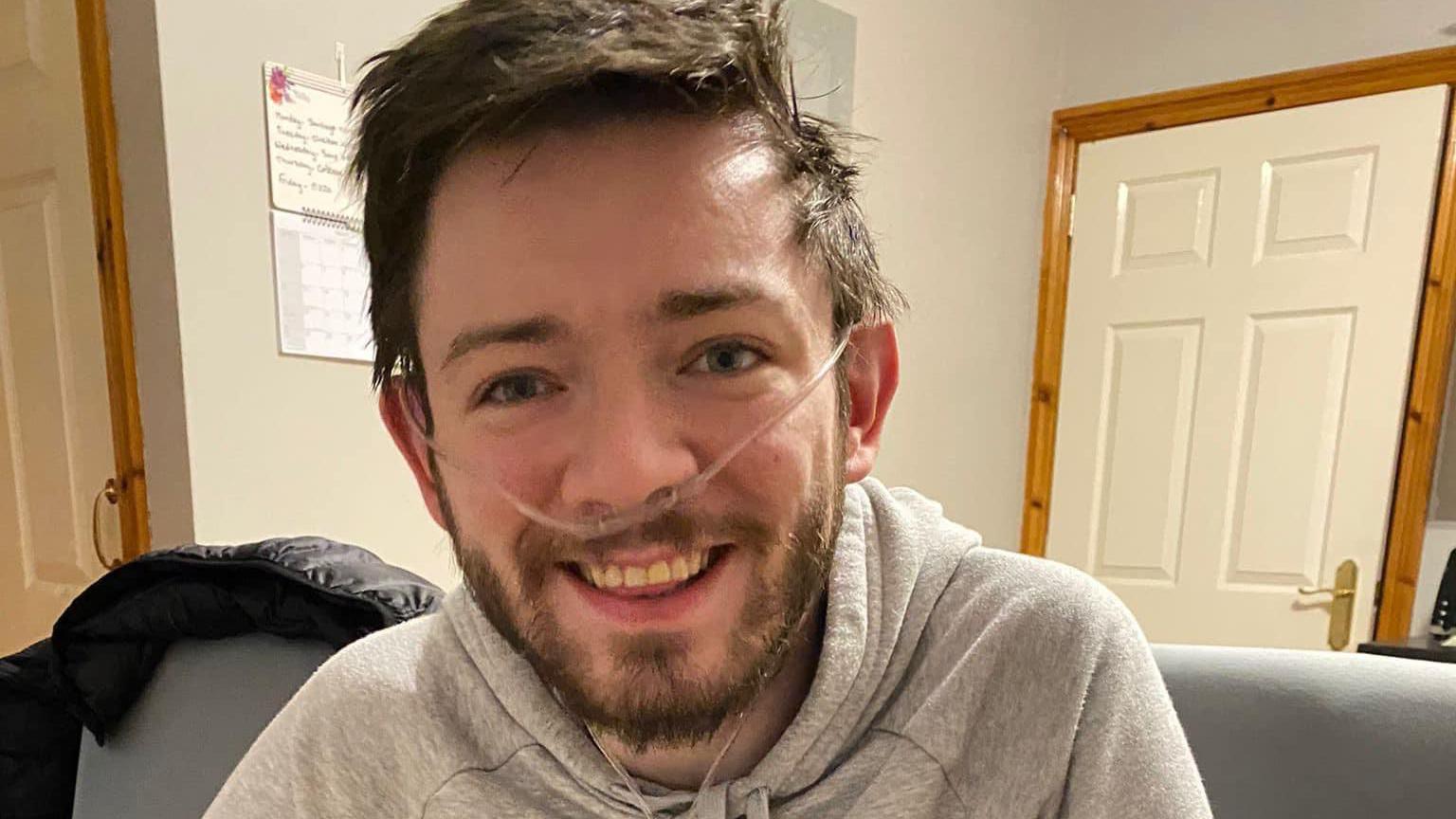
Cahir O'Hagan was described by his brother as "one in a million"
But for the other 10% of the CF population with different genetic mutations, these new treatments do not work.
Now, a year after Cahir's death, his brother Paul O'Hagan has called for more work to be done so that everyone living with CF has access to lifesaving drugs.
"Ten percent - it isn't a number, it isn't a percentage, it isn't a statistic.
"It's real people, families, worrying, struggling, not knowing if their loved one is going to survive."
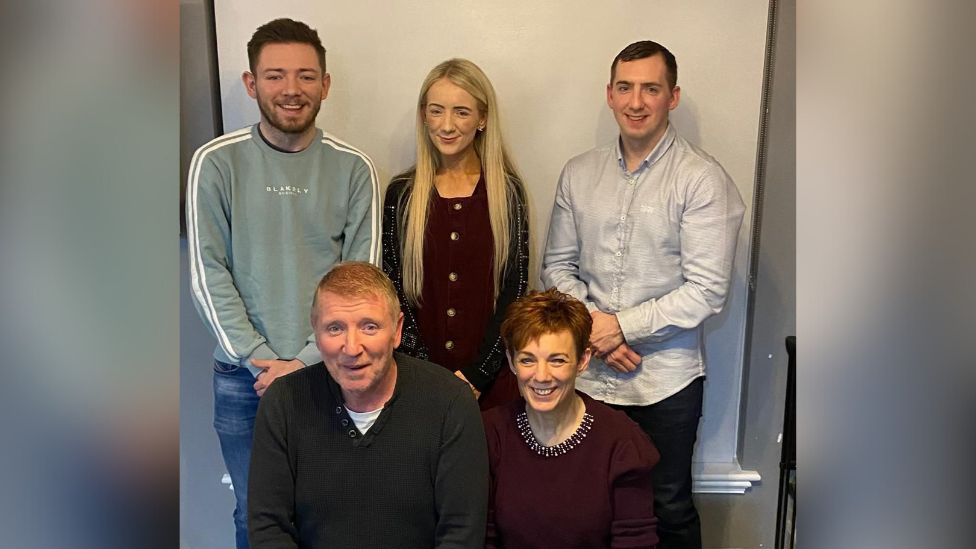
Cahir, with his sister Ciara, brother Paul, father Kevin and mother Briege
'One in a million'
There are more than 500 people living with cystic fibrosis in Northern Ireland.
About two-fifths of them are adults.
Cahir, while one of just hundreds of people here with the condition, was described by Paul as "one in a million".
"He was a very charismatic, driven, motivated individual.
"Whatever was threw at him, whether it be in life or with CF, he just always bounced back," said Paul.
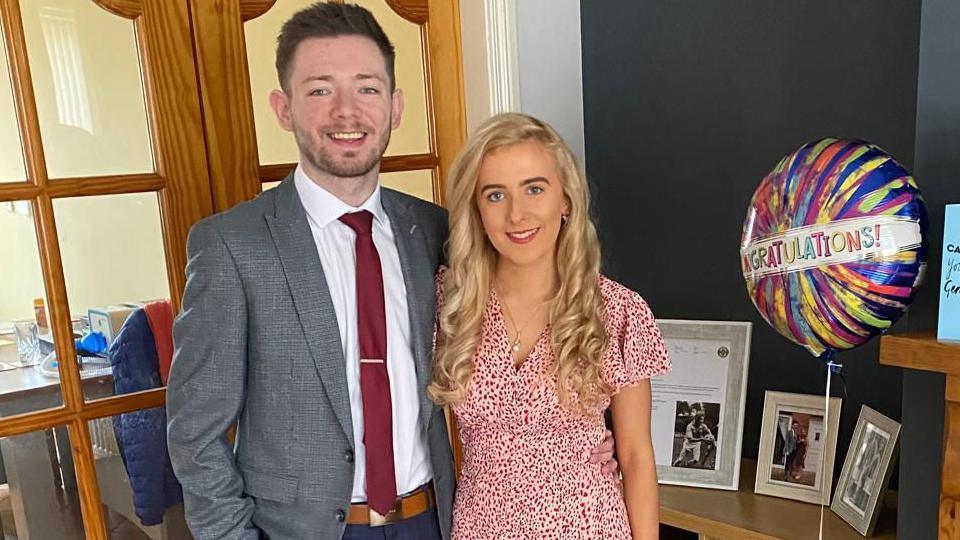
Cahir and his fiancée Shannon had been due to get married this year
In July 2020, it was announced that cystic fibrosis patients in Northern Ireland would be able to access the drug Kaftrio for treatments through the health service.
It followed previous deals with the same firm for the drugs Orkambi and Symkevi.
The then-health minister, Robin Swann, said Kaftrio would give those living with cystic fibrosis a "better quality of life".
Kaftrio, Orkambi and Symkevi are drugs that work to treat the root cause, by bypassing the genetic errors responsible for the disease.
'Golden era of CF research'
Damian Downey, professor of respiratory medicine at Queen's University Belfast and a specialist in cystic fibrosis in the Belfast Trust, said the development of these drugs has been "truly a golden era of CF research".
"It has transformed the lives of those with CF beyond all recognition, beyond anything that we could have hoped for the development of these drugs," he said.
But they do not work for everyone with cystic fibrosis.
According to the Cystic Fibrosis Trust, external, about 90% of the UK CF population have mutations that will ultimately be eligible for these drugs.
However, it added: "Ninety percent is not everybody, and we are very aware of the 10% of the UK CF population who have genetic mutations that are not eligible for any of these new treatments."
Paul O'Hagan said doctors tried to treat Cahir with these drugs, but they did not work for him.
"The only other option for the '10 percenters' is a double lung transplant," he said.
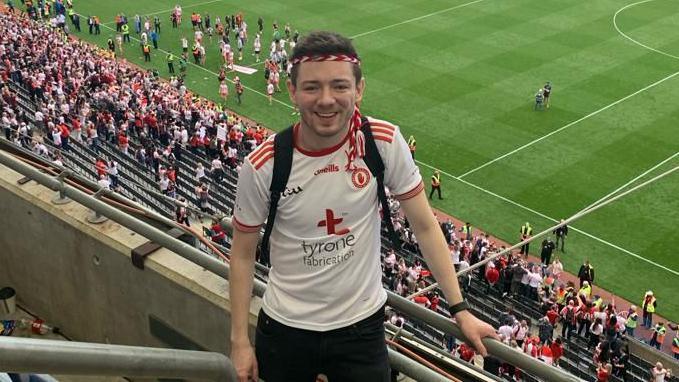
Cahir O'Hagan was waiting on a double lung transplant when he died
Cahir was on oxygen 24/7 as his lung capacity was just 18% and was put on the transplant list in March 2023.
Paul said the transplant "would have given him a much better quality of life - a second chance of life".
"Cahir was just waiting on the call," he said.
But six months later, Cahir died on 4 October 2023.
"They tried everything for Cahir. And Cahir gave he gave it his best shot," his brother continued.
"He was due to get married in June of this year.
"Unfortunately, he did make it up the aisle but not the way it was supposed to be."
'You don't stop a job when it's only 90% done'
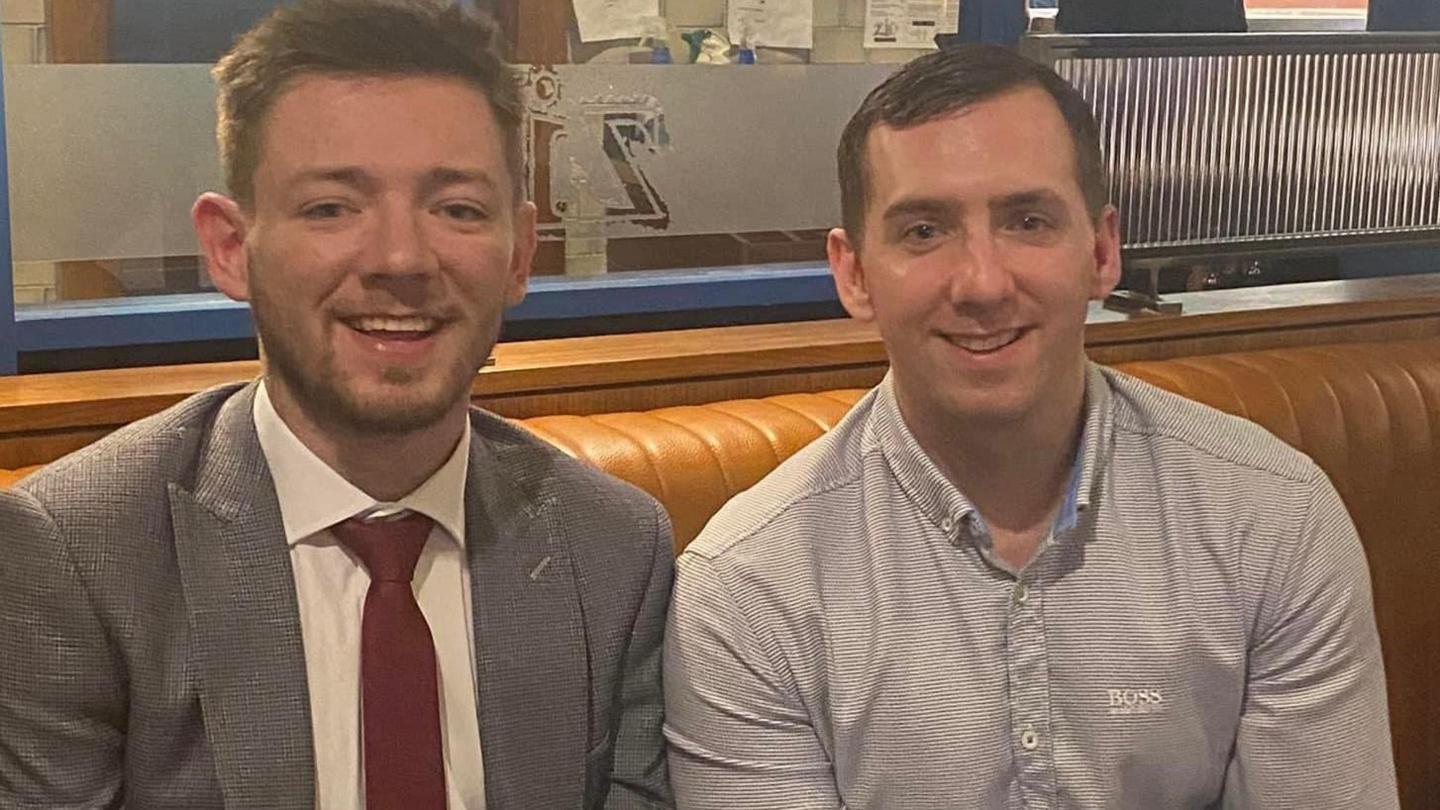
Paul O'Hagan (right) said he hoped drugs would help the other 10% of people with CF
Paul said, as a family, it was "very disheartening" and "heartbreaking" that the current CF drugs available, which can prolong lives, were not going to help Cahir.
"There's so much good work has been done so far, but 90% have access to modulators, and 10% of people do not.
"You don't stop a job when it's only 90% done.
"If you fall into the 10% that shouldn't mean that you're falling under a death sentence.
"We all live in hope that one day there is a modulator, there is drugs out there that the other 10% of CF patients can avail," he said.
'A drug that's impactful for all'
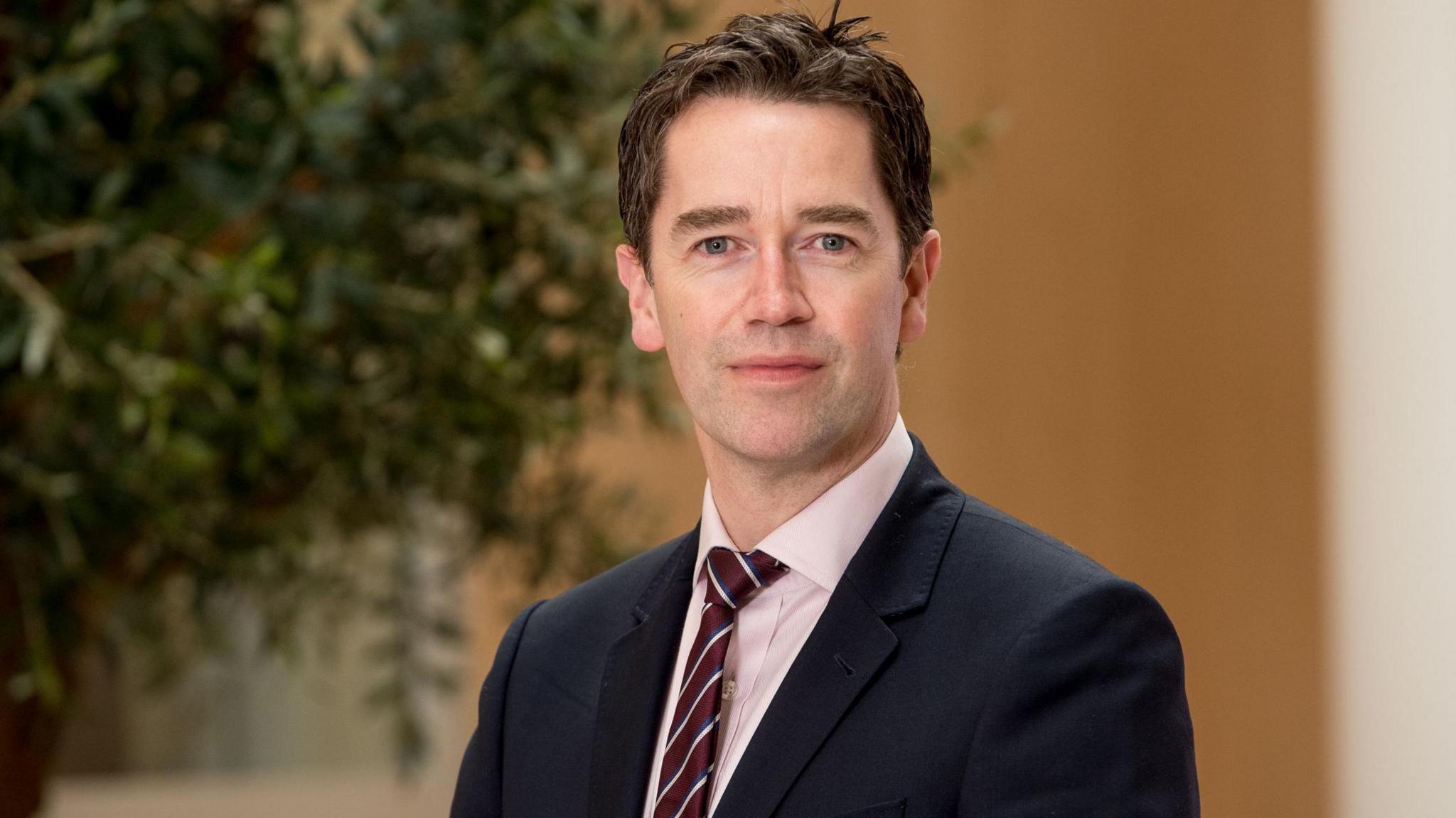
Prof Damian Downey said the drugs had transformed the lives of people with CF
Prof Downey said there was an incredible frustration for that part of the CF population, but that stories like Cahir's inspired him and other clinicians and researchers to keep their research activities going.
"We've had fantastic news with these drugs, but they are not a cure.
"Our aim, of course, is that nobody is left behind, and this is to ensure that 100% of people, those diagnosed with CF have access to drugs that can change their lives.
"The science has dramatically improved over the last number of years," he said, continuing that the early data is encouraging.
"We are very hopeful, with a degree of some confidence that we will find in the coming years a drug that's impactful for all."
Related topics
- Published26 June 2024
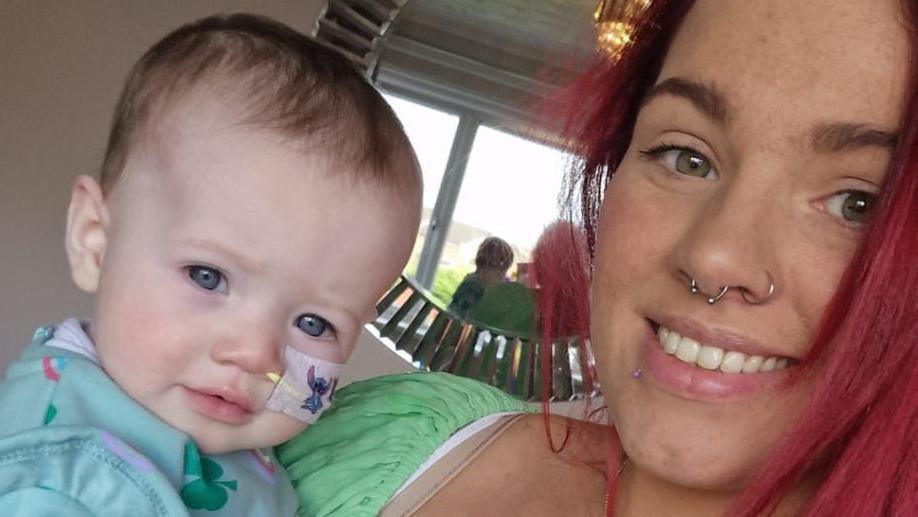
- Published10 November 2023
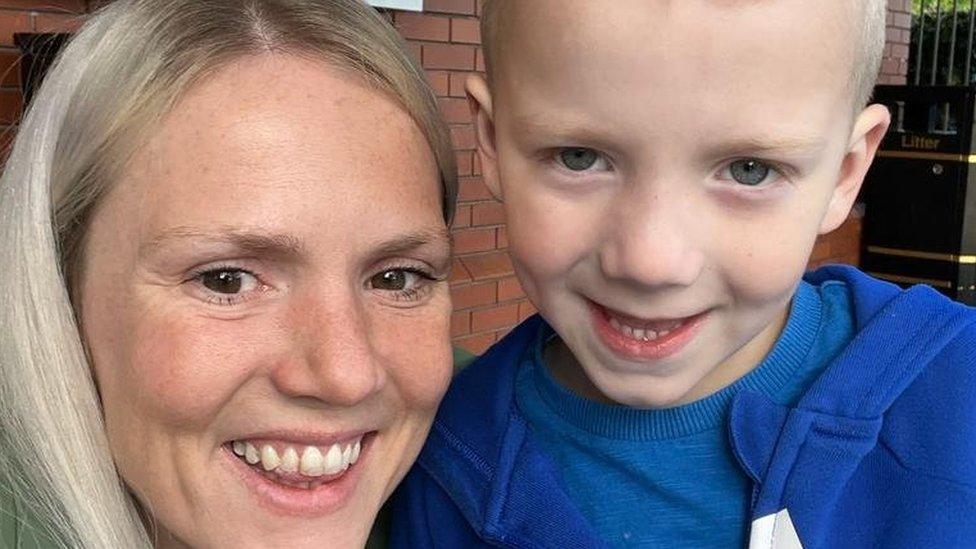
- Published29 October 2019
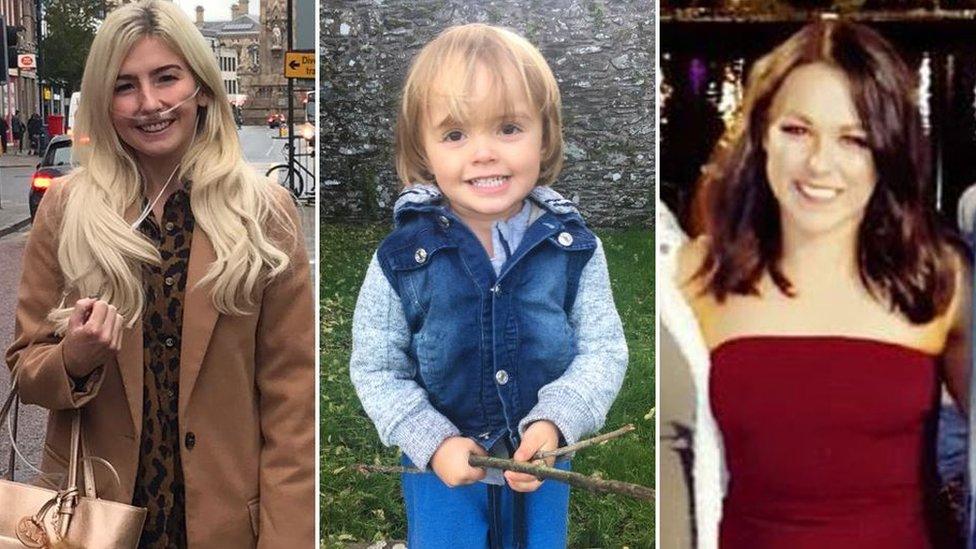
- Published24 October 2019
